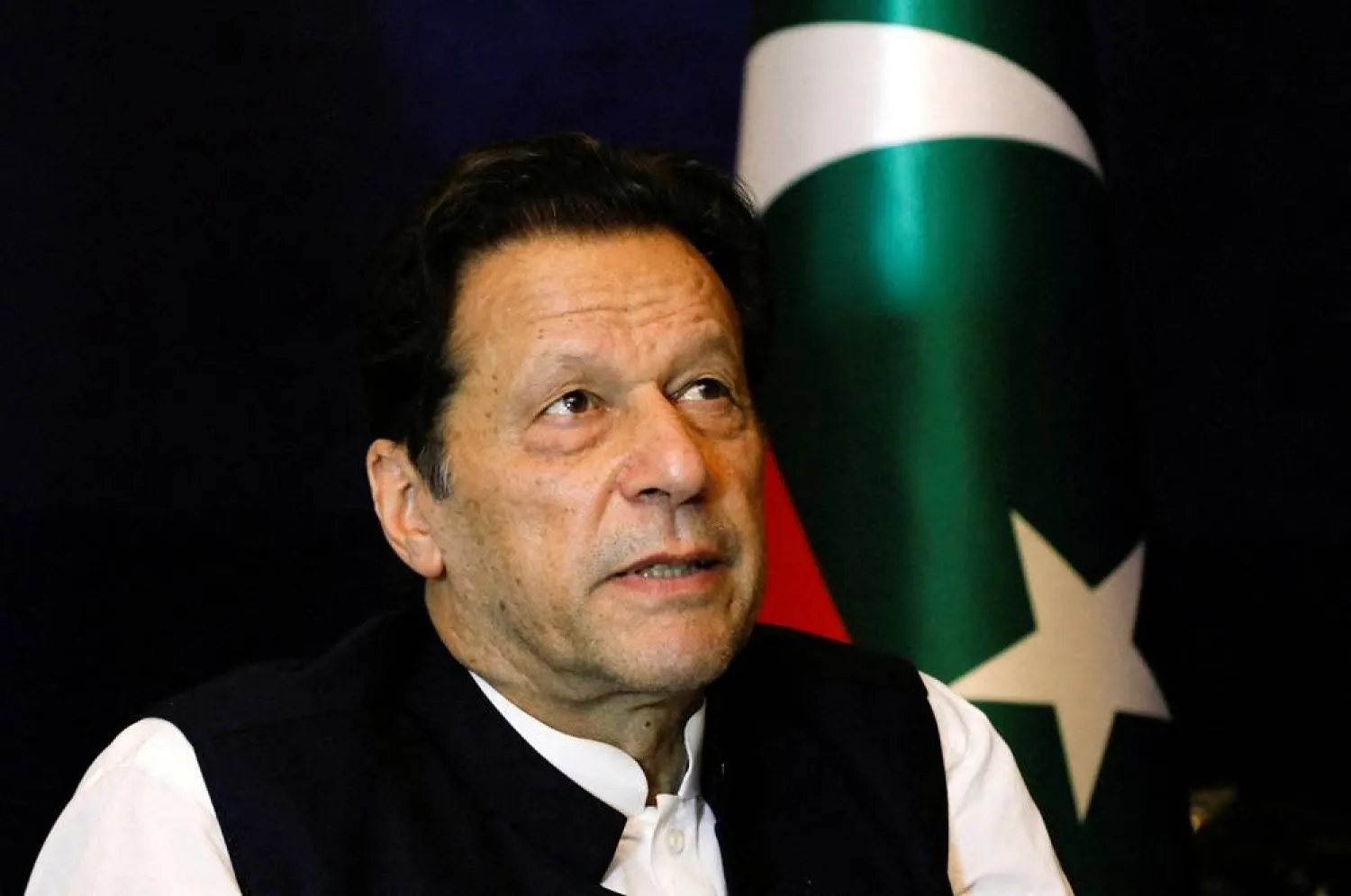A Pakistani court sentenced former Prime Minister Imran Khan to 14 years imprisonment on Friday in a land corruption case, a setback to nascent talks between his party and the government aimed at cooling political instability in the south Asian nation.
The verdict in the case was delivered by an anti-graft court in a prison in the garrison city of Rawalpindi, where Khan has been jailed since August 2023.
Khan's wife Bushra Bibi was also found guilty and sentenced to 7 years in prison. She was out on bail but was taken into custody after the judgment was pronounced, Geo News reported.
Law Minister Azam Nazeer Tarar told reporters that Khan's party could reach out to higher courts to appeal against the ruling, and that the former cricket star could also file a mercy petition to the president of Pakistan.
Omar Ayub, an aide of Khan, said the party will challenge the verdict in higher courts.
The former premier, 72, had been indicted on charges that he and his wife were gifted land by a real estate developer during his premiership from 2018 to 2022 in exchange for illegal favors.
Khan and Bibi had pleaded not guilty.
The case is linked to the Al-Qadir Trust, a non-government welfare body the couple set up when Khan was in office.
Prosecutors say the trust was a front for Khan to illegally receive land from a real estate developer. They said he was given 60 acres (24 hectares) near Islamabad and another large plot close to his hilltop mansion in the capital.
Khan's Pakistan Tehreek-e-Insaf (PTI) party says the land was not for personal gain and was for the spiritual and educational institution the former prime minister had set up.
"Whilst we wait for detailed decision, it's important to note that the Al Qadir Trust case against Imran Khan and Bushra Bibi lacks any solid foundation and is bound to collapse," PTI's foreign media wing said in a statement.
The announcement of the verdict was delayed three times, most recently on Monday, amid reconciliation talks between PTI and the government. The two sides have been at loggerheads since Khan was ousted from office in 2022.
The verdict is the biggest setback for Khan and his party since a surprisingly good showing in the 2024 general election when PTI's candidates - who were forced to contest as independents - won the most seats, but fell short of the majority needed to form a government.
Jailed since August 2023, Khan has been facing dozens of cases ranging from charges of graft and misuse of power, to inciting violence against the state after being removed from office in a parliamentary vote of confidence in April 2022.
He has either been acquitted or his sentences suspended in most cases, except for this one and another on charges of inciting supporters to rampage through military facilities to protest against his arrest on May 9, 2023.
His supporters have led several violent protest rallies since the May 9 incidents.
Khan's cases have been tried inside prison on security grounds.









